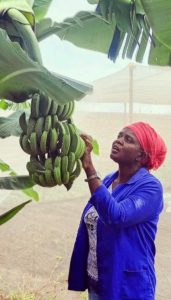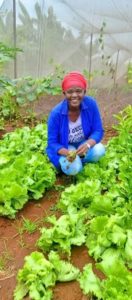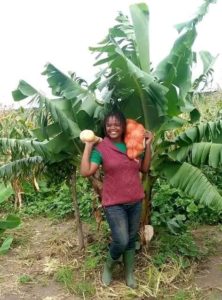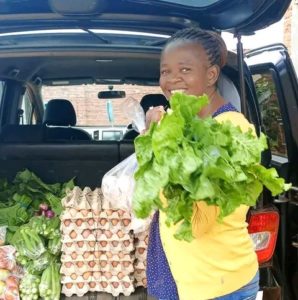By Chisomo Phiri
Women are crucial stakeholders in agribusiness value chains around the world.
Comprising 40 percent of the global agricultural workforce and as much as 50 percent in many region women are essential to planting, cultivating, and harvesting, as well as processing, logistics, and sales.
In Malawi, women comprise 52% of population and 80% of the labor force.
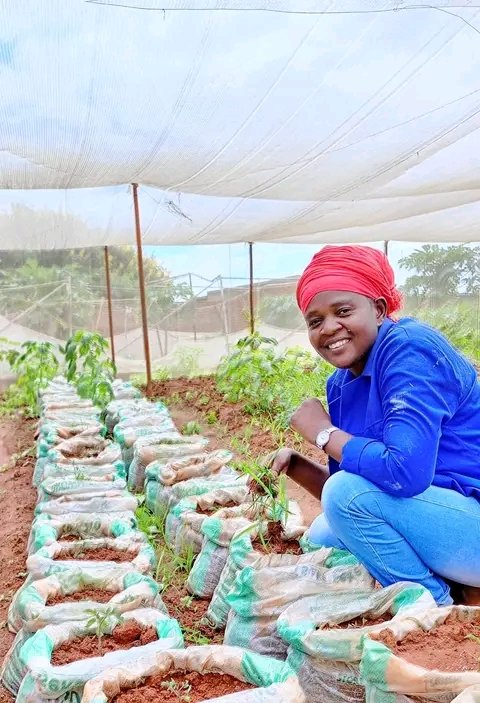
And according to 2015/16 Malawi Demographic Health Survey, 59% of employed women and 44% of employed men work in agriculture, which is the largest employment sector in Malawi. However, large gender productivity gaps in the agriculture sector remain wide. For example, farm plots managed by men produce an average of 25% higher yields than plots managed by women.
The gender gaps are due to women having unequal use of land inputs, lower access to farm labor, inadequate access to improved agricultural inputs and technology and lower participation in the cash crop/export crop value chains.
The cost of gender gaps in agricultural productivity amount to $100 million per year. Closing these gender gaps in agriculture,here is the story of Rose Chisowa.
Born into a family of four, Chisowa is the first born child and a graduate from University of Malawi ( UNIMA) with a Bachelor’s degree in Journalism.
Her farm business called Rose farms started a long time ago with pig farming. With time, Chisowa decided to venture into poultry and horticulture.
“No one can survive without food, making it a vital necessity. This is the reason why we thought of being among those who feed the nation,” said Chisowa.
She said currently, she is focusing much on horticulture and egg production.
To her, horticulture has not been easy as many people may think because she meets several challenges.
“We are facing several challenges and one being failure to produce goods that are of high quality and in large quantities.
“It is something that foreign competitors have been able to achieve through mechanization and greenhouse farming,” she said.
Chisowa advised his fellow business owners that in business, it is important to start small and focus on improving the quality of their products first as this helps establish a reputation for their brand and attract customers who value quality over price.
“Once you have established a customer base, you can gradually increase production and explore ways to streamline your processes. You may also want to look into partnerships or collaborations with other businesses in order to share resources and expertise,”she said.
She added by urging her fellow farmers that it is also important to remember that success does not come overnight and it often requires patience and perseverance.
“Keep learning and exploring new opportunities, and do not be afraid to seek support from institutions like SMEDI or other organizations that can offer guidance and resources.
She then thanked Small and Medium Enterprises Development Institute ( SMEDI) for making her farm grow fast.
” SMEDI has contributed immensely to our business growth. The institution has exposed our business to new customers through trade fairs which helped to expand our business. I have personally participated in several trainings in and outside of the country because of SMEDI. Yes! SMEDI also facilitated the smooth registration of Rose Enterprise,” thanked Chasowa.
